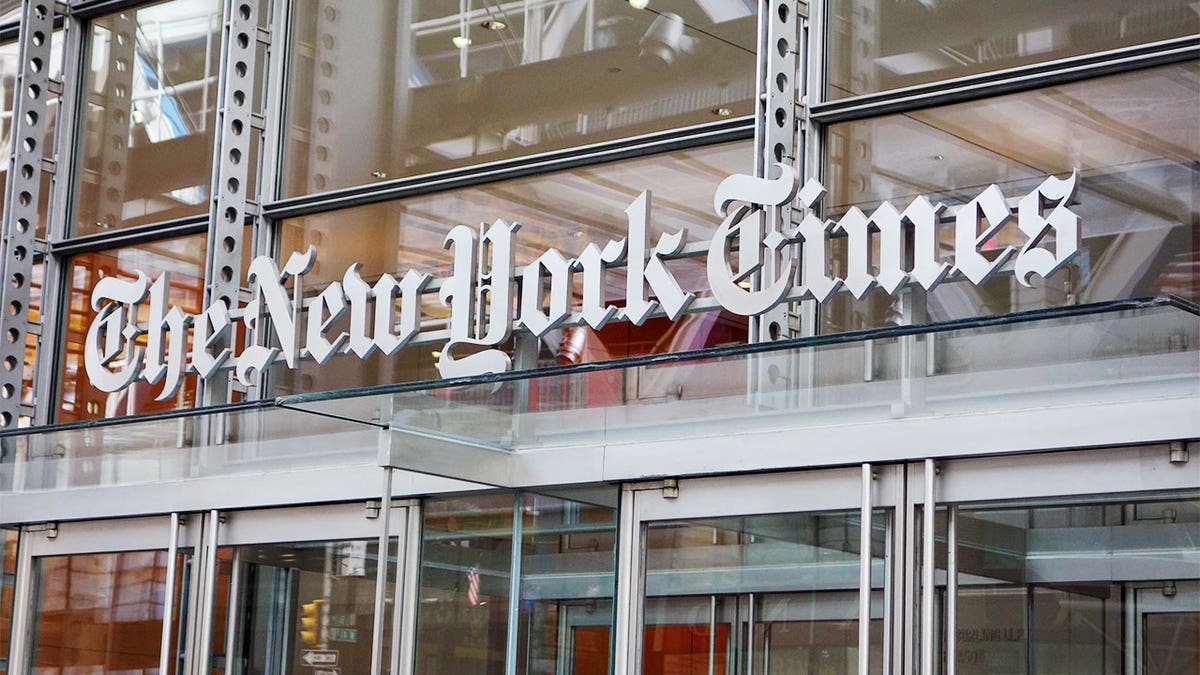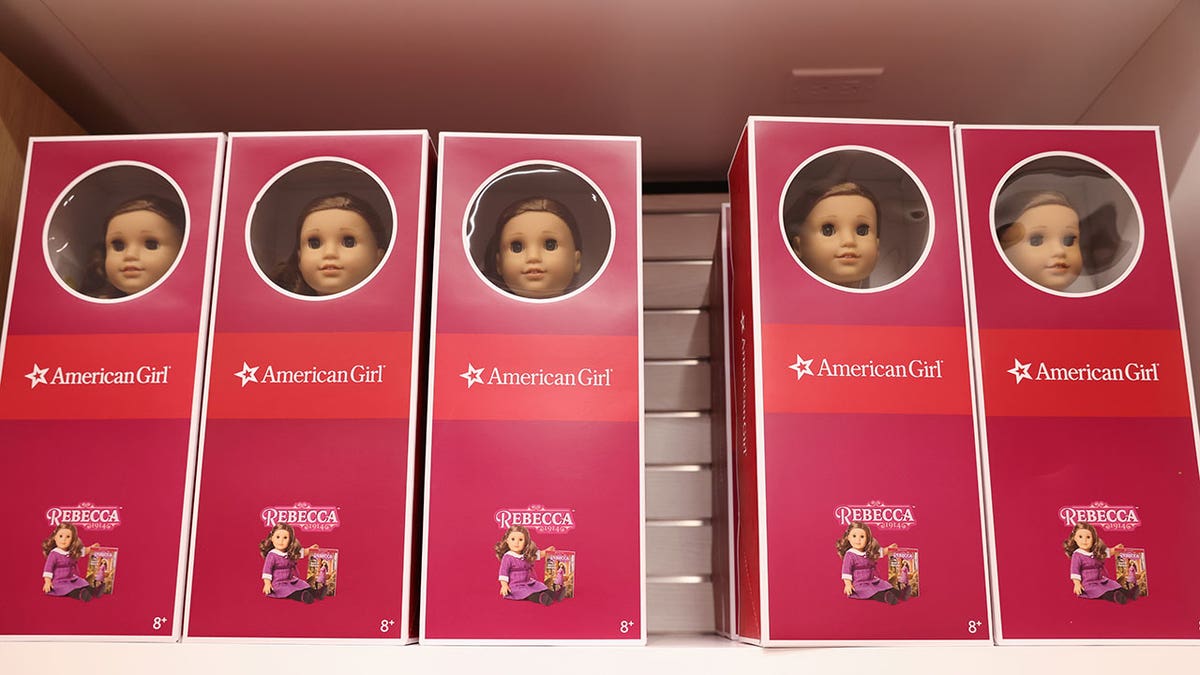Outnumbered - Wednesday, July 13
On today’s episode, Joe Concha is 'Outnumbered' as a former White House physician questions Biden's mental health. Plus, New York City releases PSA for a nuclear attack.
On Wednesday, New York Times opinion writer Jessica Grose penned a piece for her newsletter on parenting remarking on the impact of American Girl dolls in this political climate when progress seems stalled and the country feels "anti-girl, anti-woman and even anti-humanity."
The article, titled "What It Means to Raise an American Girl Now," began with Grose lamenting about raising a little girl in this political moment in America.
"I’ve been thinking a lot about what it means to raise an American girl in this moment, when continual progress — for my daughters, for all girls — doesn’t feel inevitable. Their right to bodily autonomy is more conditional. The backlash against not conforming to gendered ideals seems more virulent than in recent memory. American children are growing up at a moment when, seemingly, we can’t even have a wholesome Independence Day celebration without mass casualties," Grose wrote, before asking, "How do I introduce my daughters to the reality of a world like this without making them despair?"

An image of the entrance to the New York Times building in New York City NY. (DON EMMERT/AFP via Getty Images)
She then remarked on her daughters’ preferences for American Girl dolls and used them as an example to help her girls "interface with the issues of their time," like they did for twenty-four-year-old content creator Lydia Burns who grew up in Kentucky.
COMEDIENNE ENCOURAGES PEOPLE TO ‘PLEASE LAUGH ABOUT MY ABORTION WITH ME’ IN NY TIMES OP-ED
"The books and the dolls, Burns said, ‘exposed me to ideas of girls who don’t look like me, and a set of history’ that involved cultural and political conflict, offering perspectives she wasn’t necessarily getting at school," Grose wrote.
Burns, Grose noted, runs an American Girl doll meme account on Instagram that's "laced with dark irony." One image included the message, "we need an American girl doll who is mad at governor glenn youngkin [sic] for trying to limit abortion access in virginia [sic] through a budget amendment like a sneaky little snake in a sweater vest."
Grose praised Burns’ account as well as several others like it for helping children and adults "working through the distressing news of the day."

American Girl dolls, a brand owned by Mattel, are seen at the American Girl Place New York in Manhattan, New York City, U.S., November 24, 2021. REUTERS/Andrew Kelly
Grose also included instances from Burns and other American Girl doll parodies including one "who lived through 9/11 while also figuring out her sexuality" and a commentary on abortion rights.
"A meme account whose Instagram handle is a bawdy play on ‘Kit Kittredge’ posted a viral image after Roe v. Wade fell, highlighting the states where the Nixon-era American Girl doll Julie may have had more access to abortion in 1974 than we do today," she wrote.
"Memes aren’t a replacement for actual advocacy or action. They’re an escape that makes me feel a little better about raising my kids at a time that can often feel anti-girl, anti-woman and even anti-humanity," she wrote, then noted that Burns "also works with student organizers to create real-world change."
By the end of the article, Grose celebrated that her older daughter seems to be motivated by these political American Girl doll memes.

A window display featuring a doll is shown at the grand opening of the American Girl Place store in Los Angeles, California April 21, 2006. American Girl, the upscale doll unit of Mattel Inc. encourages young girls through a wide range of engaging books, age-appropriate dolls and educational products, theatrical and dining experiences at the American Girl Place store. Store officials expect over one million visitors each year to the store. REUTERS/Fred Prouser
CLICK HERE TO GET THE FOX NEWS APP
She wrote, "There’s a can-do attitude to the memes, one that I already see in my older daughter. She’s only 9, and any time she learns something awful about the world she responds with outrage and a desire to change it, urgently. When she saw a magazine headline about the rapid decline of bee populations due to climate change, she earnestly exclaimed, ‘We need to save all the bees!’"
Following the Supreme Court's decision to overturn Roe v. Wade on June 24, Grose wrote an op-ed for the New York Times that quoted a clinic director saying that abortion is "not only a family value for us, it’s also a religious choice."





















